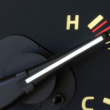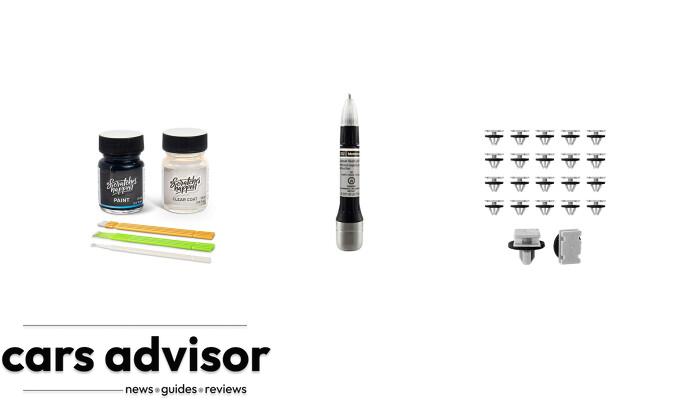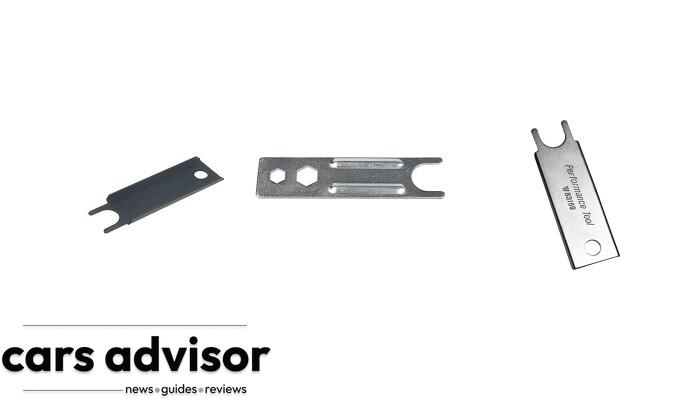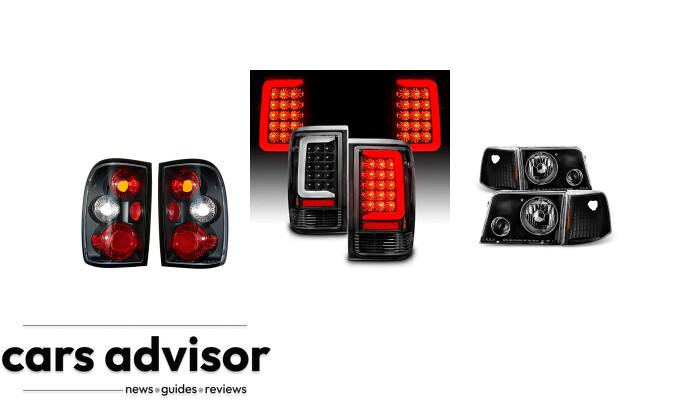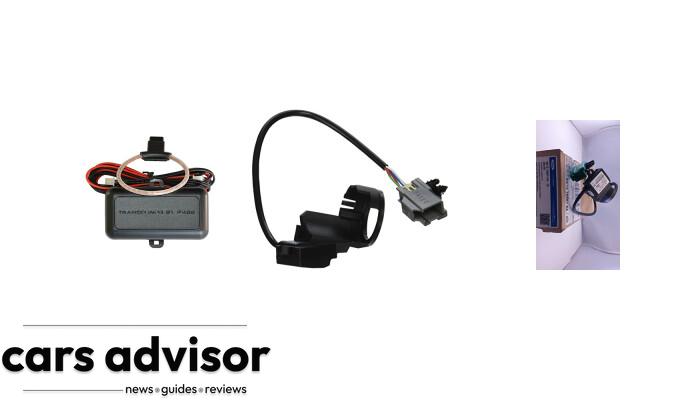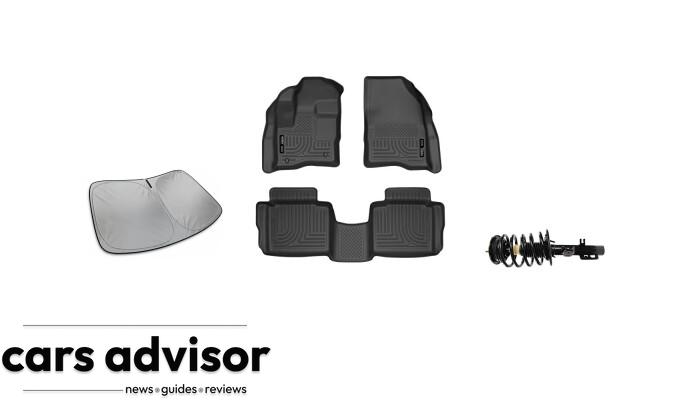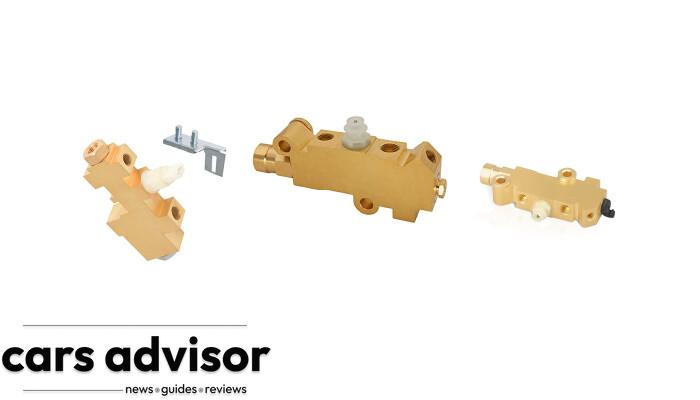Common Causes Of Brakes Grinding At Low Speed
Various issues, including worn-out brake pads, faulty wheel bearings, rust or distortion on the brake rotors, low-quality or contaminated brake pads, and deformation or damage to the brake callipers or drums, can cause brake grinding at low speeds.Worn-out Brake Pads
Worn-out brake pads are the most common cause of grinding noises when braking at low speeds. As their name suggests, these pads consist of a frictional material that helps to slow down and stop your vehicle. Over time, this material gradually wears away due to the constant pressure and heat generated during braking.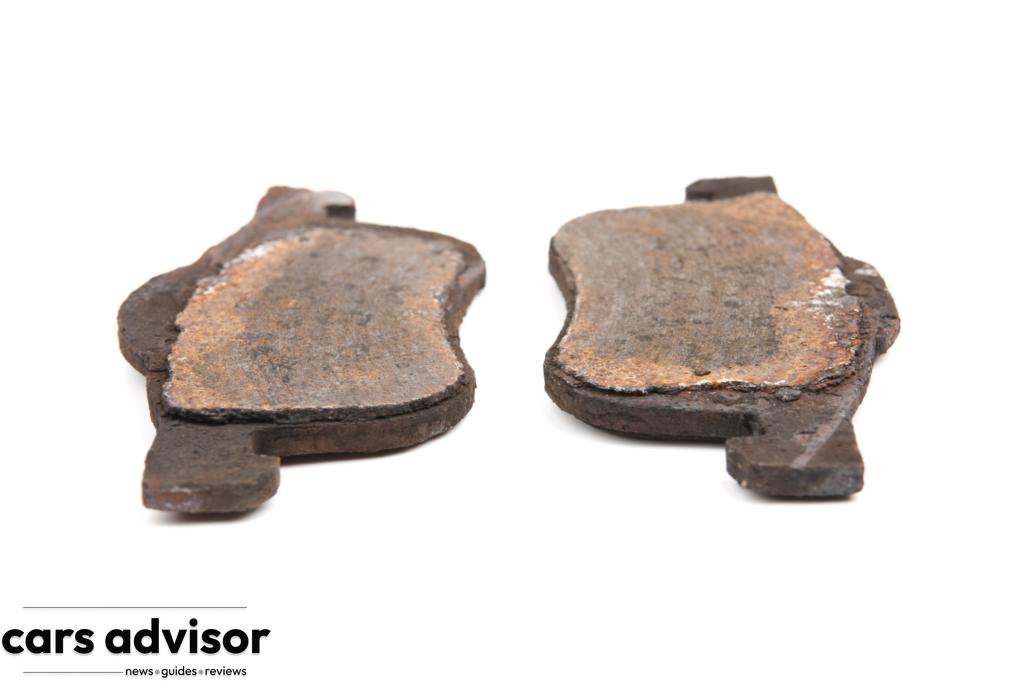 When your brake pads wear down past their minimum thickness (usually around 1/4 inch), metal contact occurs between the pad’s metal backing plate and your car’s rotors, causing an unpleasant grinding noise.
This creates an annoying sound and affects overall vehicle performance, as worn-out brake pads compromise stopping power and can lead to further damage if left unattended.
For example, if you continue driving with severely worn brake pads for extended periods, it may cause rotor warping or grooving, which can elevate repair costs significantly.
To prevent such issues from arising in the first place, it is crucial to perform regular inspections on your brake system and replace old or damaged components accordingly.
Pay attention to any warning signs that indicate possible wear on your brakes – whether pulling while braking or longer stopping distances – and act accordingly before costly repair bills accumulate!
When your brake pads wear down past their minimum thickness (usually around 1/4 inch), metal contact occurs between the pad’s metal backing plate and your car’s rotors, causing an unpleasant grinding noise.
This creates an annoying sound and affects overall vehicle performance, as worn-out brake pads compromise stopping power and can lead to further damage if left unattended.
For example, if you continue driving with severely worn brake pads for extended periods, it may cause rotor warping or grooving, which can elevate repair costs significantly.
To prevent such issues from arising in the first place, it is crucial to perform regular inspections on your brake system and replace old or damaged components accordingly.
Pay attention to any warning signs that indicate possible wear on your brakes – whether pulling while braking or longer stopping distances – and act accordingly before costly repair bills accumulate!
Faulty Wheel Bearings
Faulty wheel bearings can also cause brakes to grind at low speeds. Wheel bearings support the vehicle’s weight and allow the wheels to rotate smoothly. Over time, these bearings wear out due to constant use and exposure to extreme temperatures. When a wheel bearing is faulty, it can create excessive play in the wheel assembly, which causes uneven pressure on your brake pads.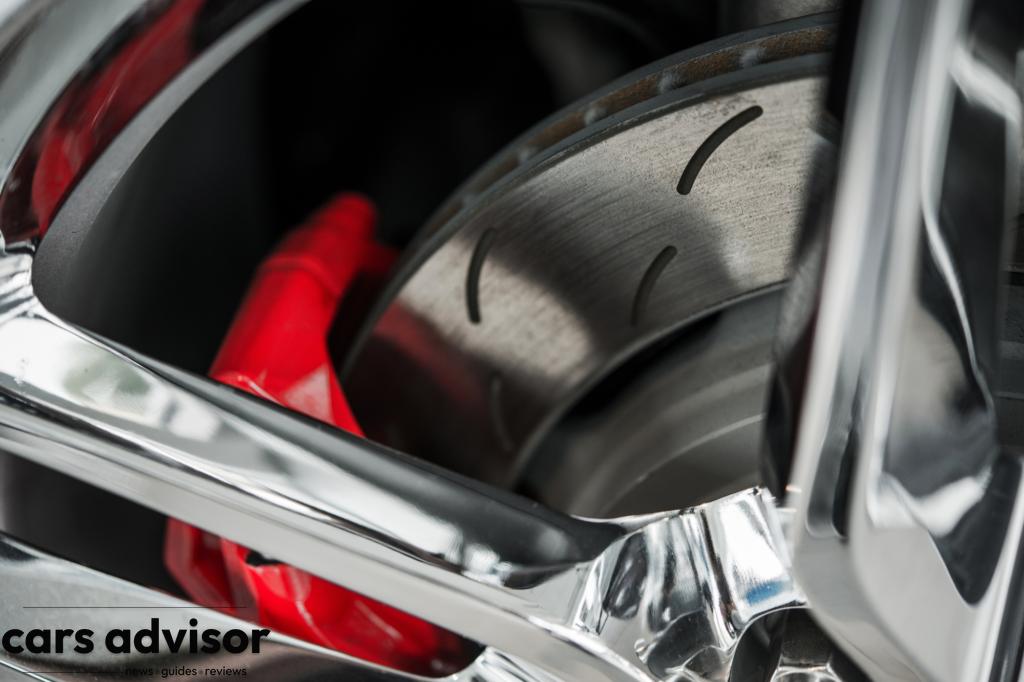 As a result, you may experience grinding noises when braking at lower speeds. When this happens, it’s essential to get it checked out by a professional mechanic as soon as possible since faulty bearings could lead to more significant problems.
To prevent further damage or safety concerns while driving with a damaged bearing, it is recommended that you should replace them promptly if there are signs of malfunctioning, such as strange noises coming from your tires/wheels or vibrating sensations when driving at higher speeds.
This will ensure optimal performance of your car’s braking system and decrease the risk of accidents due to worn-out components like faulty wheel bearings!
As a result, you may experience grinding noises when braking at lower speeds. When this happens, it’s essential to get it checked out by a professional mechanic as soon as possible since faulty bearings could lead to more significant problems.
To prevent further damage or safety concerns while driving with a damaged bearing, it is recommended that you should replace them promptly if there are signs of malfunctioning, such as strange noises coming from your tires/wheels or vibrating sensations when driving at higher speeds.
This will ensure optimal performance of your car’s braking system and decrease the risk of accidents due to worn-out components like faulty wheel bearings!
Rust Or Distortion On The Brake Rotors
Rust or distortion on the brake rotors can also cause brakes to grind at low speeds. Rust can accumulate on the surface of the rotor and create a bumpy texture that scrapes against the brake pads. The rust buildup may cause unexpected noises when braking, including squealing or screeching sounds. On the other hand, distortion happens when uneven wear patterns develop on the rotor’s surface due to excessive heat or prolonged use. If you’re experiencing grinding noises while driving your car, checking for rust and distortion on your brake rotors is best. Fortunately, replacing damaged rotors is relatively easy and inexpensive compared to other potential issues in your braking system. As part of basic car maintenance, drivers should regularly look for signs of rust and wear in their brake components. To avoid dealing with prematurely worn-out parts and safety concerns related to brakes grinding at low speed, have a mechanic inspect your vehicle if you suspect an issue beyond normal wear-and-tear maintenance, like replacing worn brake pads or checking fluid levels. Staying proactive about your vehicle’s performance will improve safety and help prevent costly repairs.Low-quality Or Contaminated Brake Pads
Low-quality or contaminated brake pads can cause noisy and inefficient braking. These brake pads contain excess metal and fillers that scrape against and damage the surface of a rotor, leading to increased wear and tear. Contaminated brake pads may have dirt, rust or debris trapped between them and the rotor, creating loud grinding noises that get louder at low speeds. Cheap brake pads also tend to overheat quickly due to their lower-quality construction materials compared to higher-end alternatives. The heat generated by friction during braking causes these cheap brakes to deteriorate more quickly than their counterparts, requiring frequent replacements. To avoid experiencing problems with low-quality or contaminated brake pads in your vehicle’s braking system, always use high-quality components when replacing worn-out parts. While high-quality brakes may initially seem expensive compared to cheaper options, they provide better performance and longevity, making them a worthwhile investment in safety for you and your car.Deformation Or Damage To The Brake Calipers Or Drums
Another common cause of brake grinding at low speeds is deformation or damage to the brake callipers or drums. The most common issue here is when the calliper pinches on one side, causing excessive heat and friction on that side of the rotor, resulting in uneven wear and tear. This can lead to a pulsating noise or vibration while braking at low speeds. Damage to brake drums can also cause grinding sounds while braking. Over time, rust buildup and wear from constant use can cause grooves in the drum’s surface. When this happens, the brake shoes have less surface area to grip onto, leading to loud squeaking or screeching noises during braking. Regular inspections by a professional mechanic are vital for catching any signs of deformation or damage early on. Replacing worn-out components such as warped rotors, broken callipers, and damaged drums should be done immediately to avoid costly repairs. Remember to prioritize safety concerns when dealing with any issues related to your vehicle’s performance!Can Hitting the Starter with a Hammer Fix Grinding Brakes at Low Speed?
Hitting the starter with a hammer should not be considered a solution for fixing grinding brakes at low speed. Proper maintenance and professional inspection are essential to address any brake issues. Always refer to an expert mechanic for guidance on brake repairs and avoid attempting methods such as how to properly hit starter with hammer for brake problems.
How To Diagnose And Fix Brakes Grinding At Low Speed
To diagnose and fix brake grinding at low speed, start by identifying the signs of grinding and inspecting the brake system for damage; subsequent steps may involve replacing worn or damaged components, cleaning or lubricating the system, and seeking professional help.Identify The Signs Of Grinding
One of the most obvious signs of grinding brakes is a loud, scraping noise when you press down on the brake pedal. This can happen at any speed, but it’s especially noticeable when driving slowly or coming to a complete stop. You might also feel a pulsating sensation in your foot or hear clunking sounds as you apply the brakes. Another way to identify grinding brakes is by looking at your wheels and tires. If you notice excessive amounts of brake dust accumulating on your rims or deep grooves or scoring marks on the surface of your rotors, this could indicate that something is wrong with your braking system. Occasionally, grinding can also be accompanied by warning lights on your dashboard. If you see an ABS light or other brake-related warning signal, take your car to a professional mechanic for inspection and repair as soon as possible. Remember that noisy brakes aren’t just annoying – they can also be dangerous and compromise vehicle performance over time.Inspect The Brake System For Damage
To fix brake grinding at low speed, it’s essential to inspect the brake system for any visible damage. Start by checking the brake pads and rotors for wear and tear or signs of rust, which can affect their performance. Look out for cracks, dents, or deformations on the rotors and callipers that could cause them to rub against each other, leading to a pulsating noise when applying brakes. Additionally, check your car’s wheel bearings for looseness or damage by shaking the wheel back and forth while it’s jacked up off the ground. If you notice any clunking sounds or play in the wheels during this inspection process, it may indicate faulty wheel bearings that need replacing. Lastly, examine all other braking system components, such as brake lines and fluid levels. Ensure they’re in good condition with no leaks, as they contribute to how well your brakes function. Remember that regular checks can identify potential problems before they become more critical issues affecting your vehicle’s overall performance on the road. Maintaining your car’s brakes through regular inspections like these ensures a longer lifespan and better-stopping power when driving at high speeds down roads anywhere with confidence!Replace Worn Or Damaged Components
If you’ve determined that the cause of the brake grinding at low speed is worn or damaged components, it’s important to take action and replace them as soon as possible. Here are some steps to follow:- Remove the wheel: Using a lug wrench, remove the nuts and remove the wheel.
- Inspect the brake system: Check all components for damage or excessive wear. Look at the brake pads, rotors, callipers, drums, and hoses.
- Replace worn parts: Any parts worn beyond their service limits should be replaced immediately. This may include brake pads, rotors, or callipers.
- Clean and lubricate: Once new components are installed, clean the brakes thoroughly with a brake cleaner spray to remove debris and any brake dust buildup. After cleaning, lubricate all moving parts with a high-quality lubricant to ensure proper braking performance.
- Test drive: Take your car for a test drive to ensure everything works smoothly and quietly.





